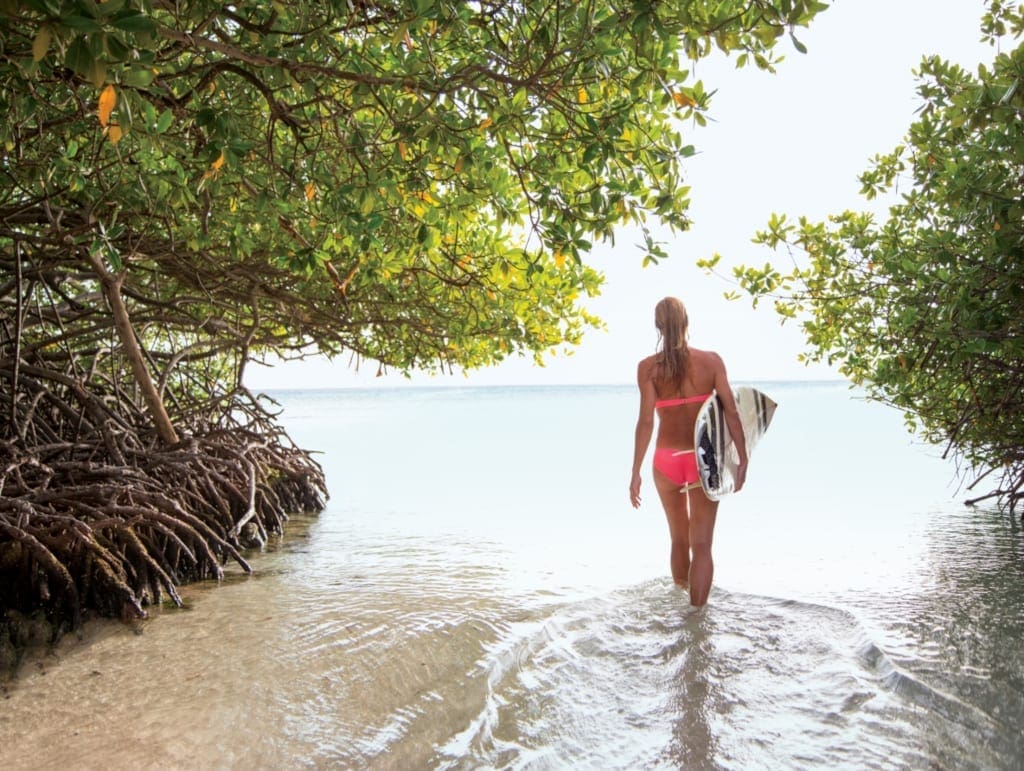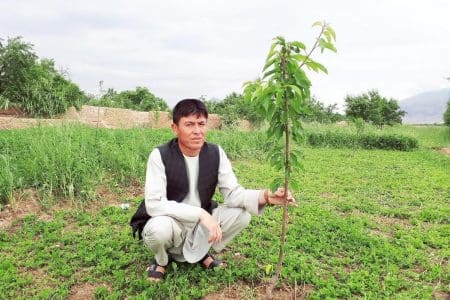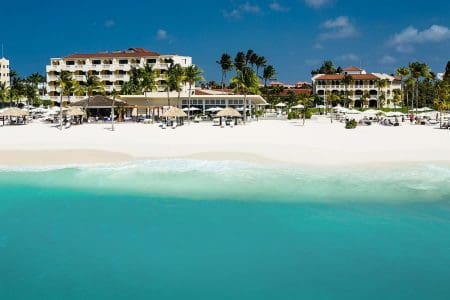Underlining its role as the Caribbean’s leading environmentally-aware nation, Aruba has announced a total ban on all single-use plastic from next year.
The Dutch Caribbean island’s government made a landmark decision in 2017 to ban all single use plastic bags and, encouraged by the impact that move had, has now extended it to include such everyday items as plastic cups and straws and Styrofoam boxes, such as disposable coolers. The ban is effective in 2019, with a one-year transition period to a total ban in 2020.
And in a further ground-breaking move, the island’s Ministry of Environment has announced that sunscreens containing oxybenzone will also be prohibited in Aruba. A transition phase starts next year, with a full ban in place by 2020.

Coral reefs around the world, including along Aruba’s coastlines, are suffering from bleaching, with oxybenzone directly impacting corals’ defensive abilities. Bleaching is typically brought on by unusually warm waters, but it is not necessarily a death sentence if the coral can regenerate. Chemicals like oxybenzone damage the DNA of coral, preventing it from recovering and developing.
Aruba has for some years had an objective of being fossil-fuel free by 2020 and this latest environmental initiative follows news that one of its leading hotels, the Bucuti & Tara Beach Resort, has become the first carbon neutral hotel in the Caribbean.
The 2017 plastic bag ban dramatically reduced litter around the island and, crucially, on its beaches and sea.
And local companies are offering reef-safe sunscreens. Arubalife Organics, founded by Aruban Julienne Paskel, markets a 30 SPF Reef-Safe Organic Sunscreen Butter, made with natural ingredients like shea butter, coconut and jojoba oils, beeswax and non-nano and uncoated zinc oxide. These are all biodegradable.
According to the Coral Restoration Foundation, ‘Life on Earth needs coral reefs. They are the “rainforests of the sea”, supporting 25 per cent of all marine life, protecting our shores, feeding our people, providing breathtaking natural playgrounds that underpin economies around the world. Yet coral reefs are among the most endangered ecosystems in the world.’



